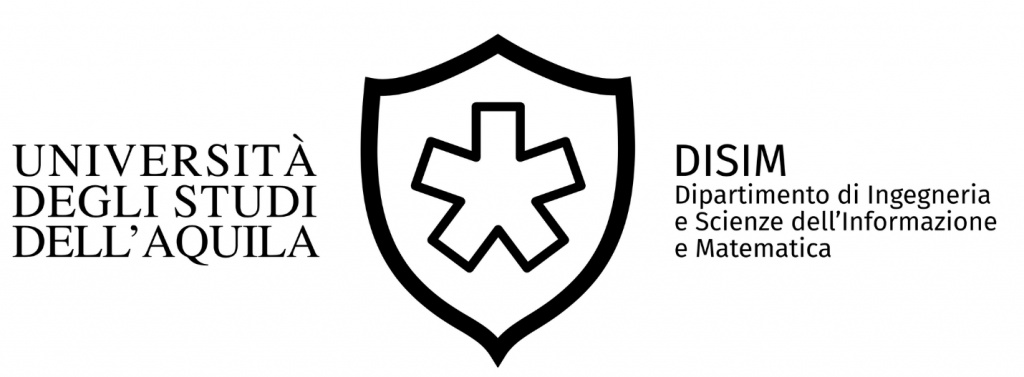[SEMINAR] Towards an Automated Testbed for Wireless Networked Control in Industrial Settings
Speaker: Abhilash Gopalakrishnan (PhD candidate in Computer Science and Engineering at Amrita Vishwa Vidyapeetham)
Location: Seminar Room of Alan Turing building (Coppito 0)
Live streaming on “ExEmerge Seminars” team (MS Teams code b7ti8br, link to the meeting here)
Date: Tuesday, November 25, 11:30–12:15
Title: Towards an Automated Testbed for Wireless Networked Control in Industrial Settings
Abstract: Wireless network control systems (WNCSs) are highly relevant to both industry and academia, as they play important roles in areas such as intelligent transportation, industrial automation, smart grids, and telesurgery. The main challenge in WNCSs is to co-design and optimize communication and control systems, given their close interaction, to improve control performance and extend the network’s lifespan. Our work introduces a highly reliable simulation testbed for cross-layer design and optimization of WNCSs in industrial settings. The testbed leverages the capabilities of renowned tools like MATLAB, OMNET++, and Simu5G to develop and run system-level scenarios while simplifying their complexity within each tool’s domain. Recent efforts focus on automating configuration, batch execution, and analysis tasks to enhance the testbed’s usability, making it accessible to a broader range of students and researchers in the interdisciplinary field of WNCSs.
Bio: Abhilash Gopalakrishnan is a PhD candidate in computer science and engineering at Amrita Vishwa Vidyapeetham, supervised by Prof. Subhasri Duttagupta, and is currently visiting the University of L’Aquila. He earned a master’s degree in software systems from BITS Pilani in 2011 and has worked as a Principal Engineer at ABB R&D in Bangalore, India, a Technology Lead at the Learnovate Centre, Trinity College Dublin, and a Software Architect at Part Analytics. Abhilash is a member of IEEE and ACM, holds eight patents, and has more than 20 publications. His research interests include systems architecture, time-sensitive networking, and decision support systems.
